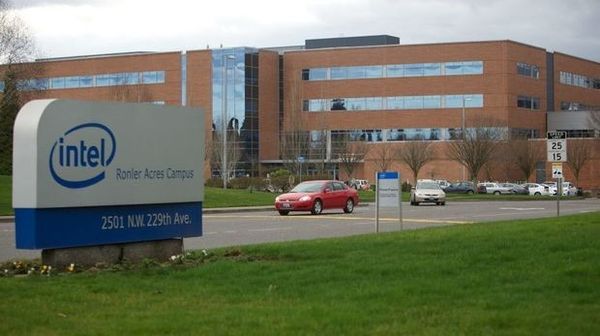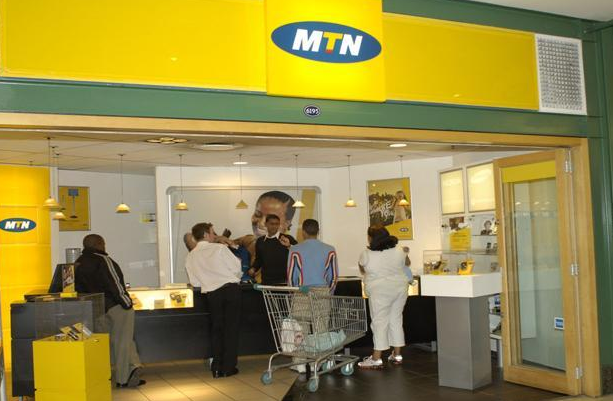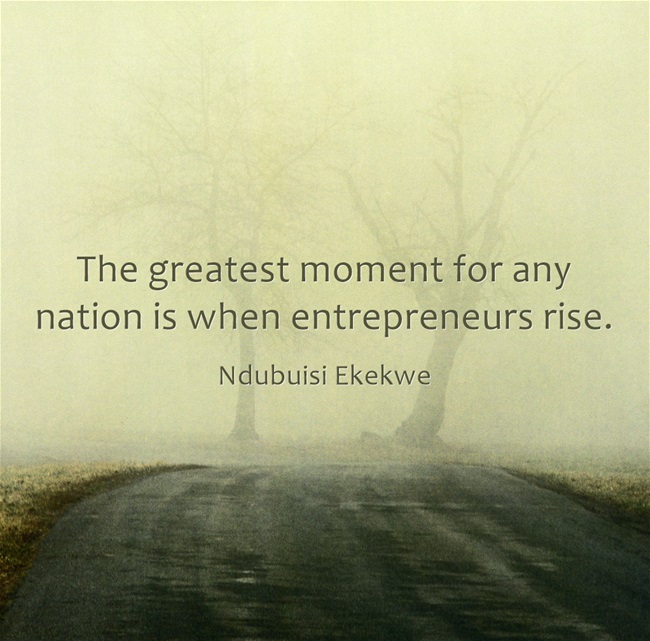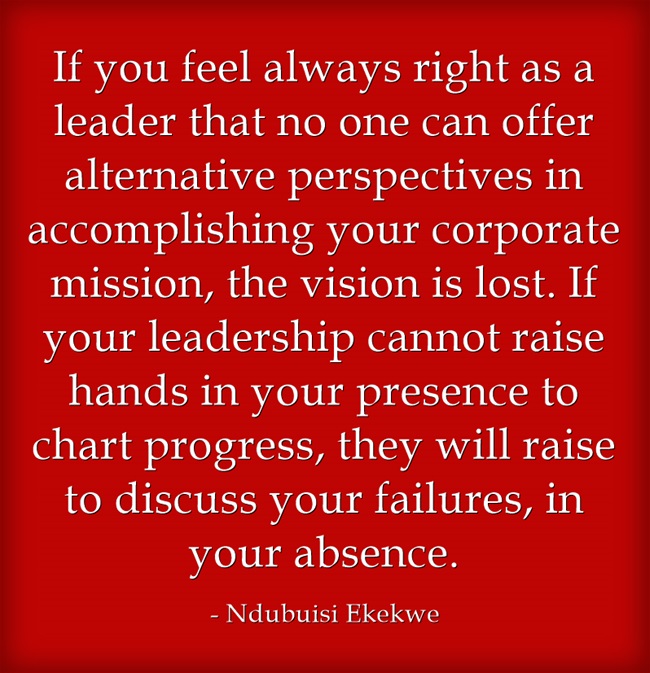To the makers of digital tomorrow, it is always a moment making it to the campus. Intel’s Ronler Acres campus in Hillsboro, USA, is amazing, building the pieces that make the world run and be transformed. In our electronics business, we remain honored to be working with Intel Corp for seven years now as Africa’s leading programmable microprocessor partner. I like coming to Hillsboro – it tells me how humans are creating that predictable future.
The problems we solve are not common day challenges but whenever the moment arises, Fasmicro Electronics is always ready. This mission has taken us to 37 countries in Africa.
The Intel® FPGA Training Partner Program enables engineers worldwide to receive high-quality training on Intel FPGA products. Intel FPGA Technical Training works closely with select companies who are designated members of the program. These companies receive information regularly from Intel FPGA Technical Training to ensure they have the tools to teach the latest technologies. Please click on the links below for details.
Microelectronics >> unless it advances, the clicks stall.






